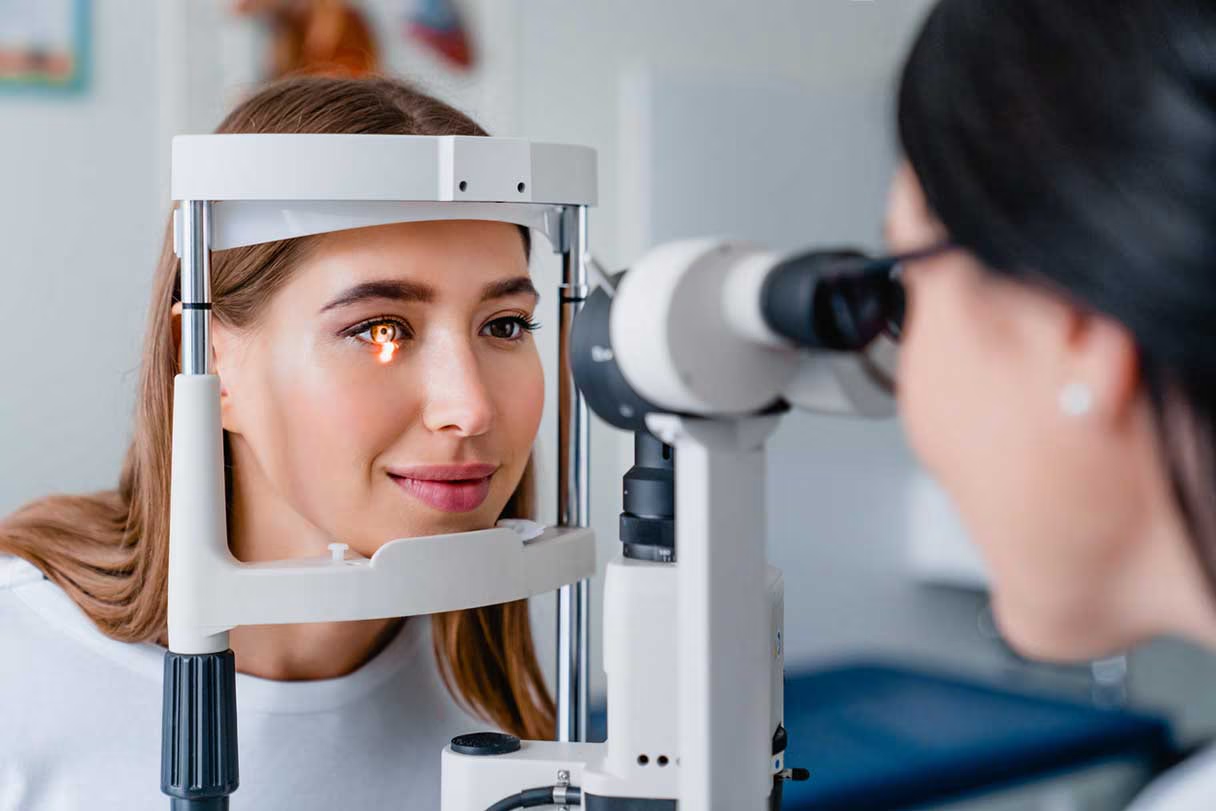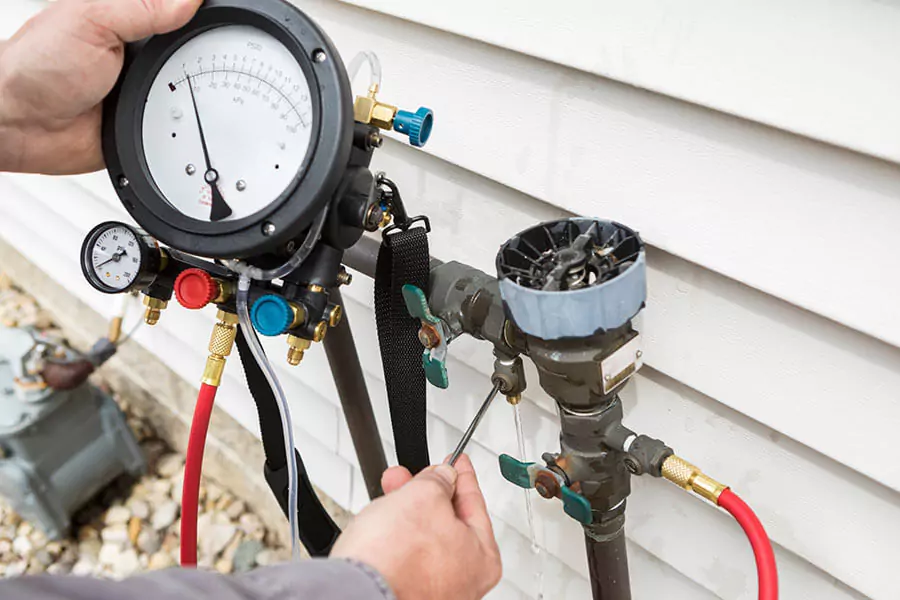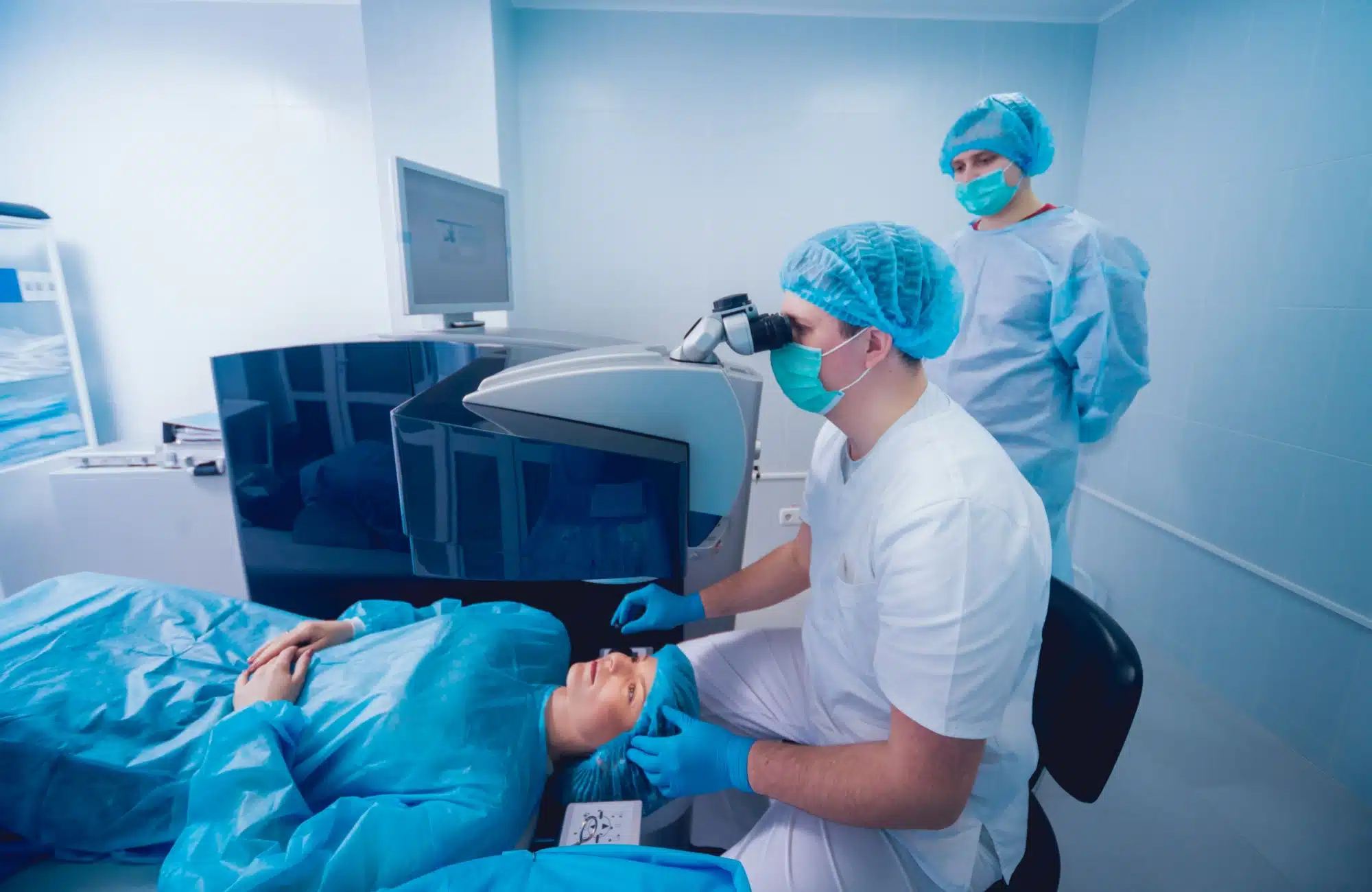Eye exams can provide invaluable information on your eye health overall. These tests help to maintain clear vision and spot potential issues early. No matter if wearing glasses or not, making regular visits to your optometrist can ensure that the accuracy of your vision prescription is up-to-date and that your eyes are in good health. This article explains the essential aspects of the examination that will answer the most common questions, as well as giving practical tips.
How Frequently Do I Need an Eye Exam?
The frequency at which you have your eyes examined depends on the age of the person, their overall health, and whether or not you wear corrective lenses. In general, people under 40 are advised to schedule an eye exam every 2 to 3 years. For people over 40 and particularly those who wear contacts or glasses, Annual exams might be better. If you are suffering from particular medical conditions, speak to an optometrist for a personalized schedule. Even if you don’t notice obvious changes in your vision, regular eye exams enable professionals to assess eye health thoroughly.
What’s the Average Duration of an Eye Exam?
The most thorough eye examinations require between 30 and 60 minutes. The procedure consists of several stages. It typically involves reviewing any medical histories, assessing your visual acuity, and checking the eye’s retina and structure. Other tests can be performed to evaluate how your eyes function together, or to find out if you have issues such as farsightedness or astigmatism. The length of time may differ based on the optometrist you choose and the tests needed. The appointments are designed to offer thorough examinations without taking up too much of your work schedule.
Should I Make Time for My Kids’ Eye Exams?
Eye examinations for children can help identify issues with vision early, even if they do not look like they’re showing any symptoms of discomfort. Schools usually offer basic vision screenings, but they are not a substitute for an extensive exam performed by an optometrist. Most children will require a full eye examination before entering school. Check-ups every two to three years will allow you to check their eyesight as they develop. Being able to detect issues early, such as nearsightedness, lazy eye, provides opportunities for efficient treatment in order to prevent future problems.
Are Eye Exams Covered by Health Insurance?
The extent to which eye exams can be covered under insurance is dependent on the specific policy you have. Plans for insurance covering vision generally cover complete eye examinations and could provide partial coverage for eyeglasses as well as contact lenses. For those who do not have vision insurance, certain standard medical plans can still provide eye health insurance, especially when eye exams are required due to medical issues such as hypertension or diabetes. Examine your policy’s specifics to determine the scope of your coverage. You should also answer any questions you may have with your doctor prior to making an appointment.
Make an Appointment for an Eye Exam right now!
Regular eye examinations are a proactive method of maintaining good vision and making sure that any possible issues are detected earlier. Making your appointment to see a certified optometrist will allow you to remain updated on your eye health and to make adjustments to your prescription if necessary. If you’re an adult with good vision or a parent arranging for their child’s eye examination, it provides practical benefits to your daily routine. Visit your local optometrist and schedule your next appointment to ensure that your eyes are in top health.





